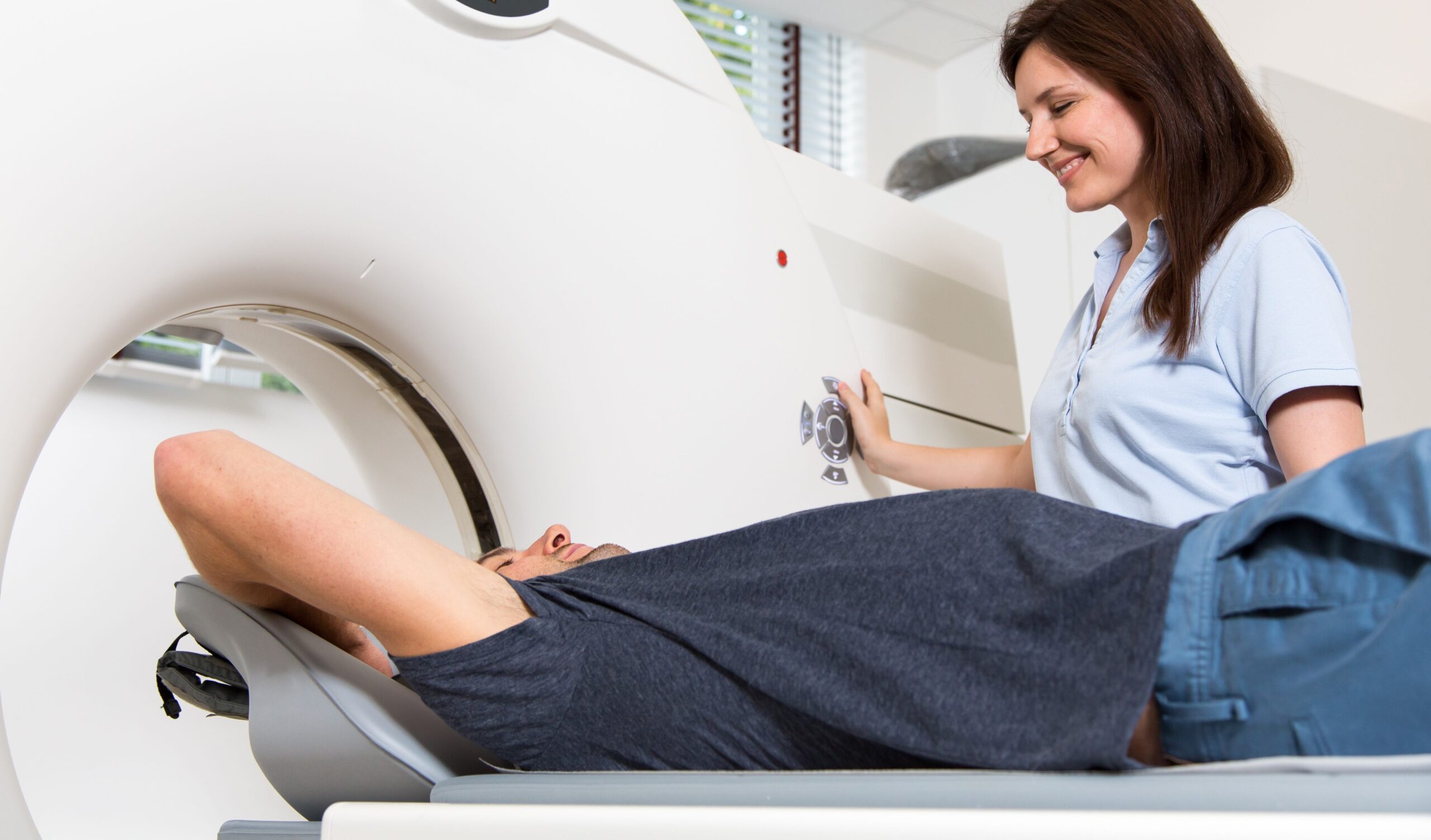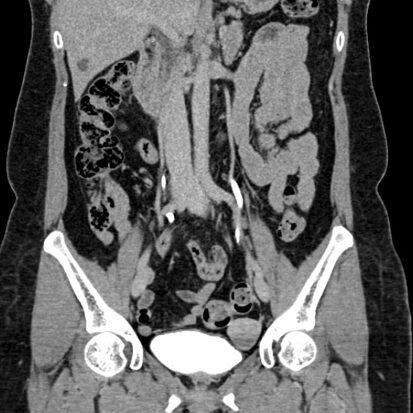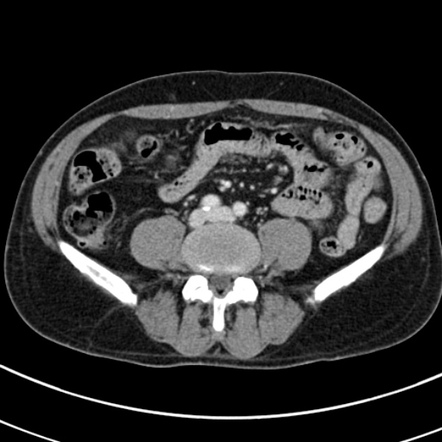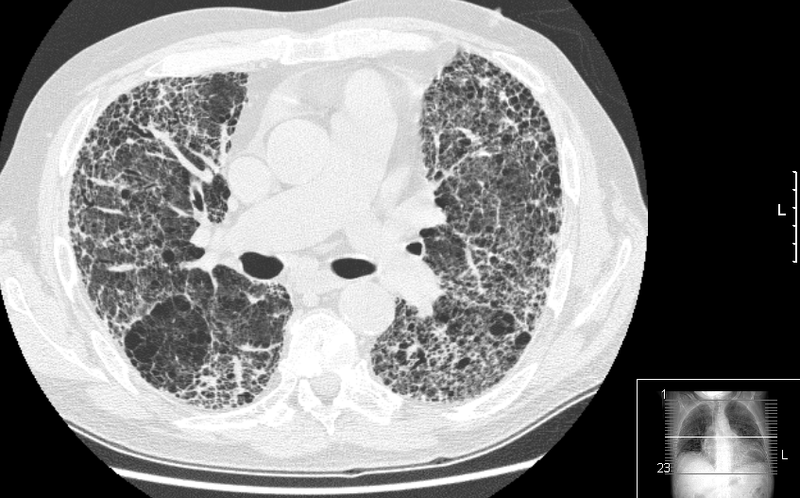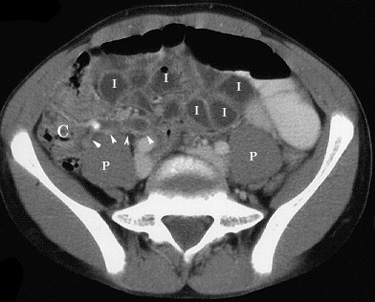While CT (computed tomography) scans are valuable diagnostic tools, there are certain contraindications and considerations that should be taken into account before undergoing the procedure. Contraindications are conditions or situations in which a medical procedure is not recommended due to potential risks. Here are some general contraindications and considerations for CT scans:
- Pregnancy:
- Contrast Agents: The use of iodine-based contrast agents in CT scans may pose risks to the developing fetus, especially during the first trimester. Pregnant women should inform their healthcare providers if there is a possibility of pregnancy.
- Allergies to Contrast Agents:
- Iodine Allergy: Some individuals may be allergic to iodine, which is commonly used in contrast agents. Alternative imaging methods may be considered for individuals with a known allergy.
- Renal Impairment:
- Contrast-Induced Nephropathy: Individuals with pre-existing kidney problems may be at risk of contrast-induced nephropathy. It’s important to assess renal function before using contrast agents and to consider alternative imaging methods in some cases.
- Thyroid Conditions:
- Iodine Sensitivity: Individuals with a known sensitivity to iodine may need special considerations, as iodine is commonly used in contrast agents. This is particularly relevant for individuals with thyroid disorders.
- Asthma and Allergies:
- Contrast Allergies: Individuals with a history of severe allergic reactions or asthma, especially reactions to contrast agents in the past, may be at an increased risk of an allergic reaction.
- Claustrophobia:
- Psychological Factors: Claustrophobic individuals may find it challenging to undergo a CT scan, particularly if the procedure involves being inside a narrow tube or tunnel.
- Hyperthyroidism:
- Iodine Uptake: Individuals with hyperthyroidism may have increased iodine uptake by the thyroid, and precautions may be needed, especially if iodine-based contrast agents are used.
- Cumulative Radiation Exposure:
- Multiple Scans: Individuals who have undergone multiple CT scans in a short period may be at risk of cumulative radiation exposure. Healthcare providers must consider the potential risks and benefits of additional scans.
- Pediatric Considerations:
- Radiation Sensitivity: Children are more sensitive to radiation, and the use of CT scans in pediatric cases is typically carefully considered. Alternative imaging methods with lower radiation exposure may be preferred when appropriate.
It’s important to note that these considerations may vary depending on the specific clinical scenario, the type of CT scan, and the use of contrast agents. The decision to proceed with a CT scan should be made in consultation with a healthcare provider, taking into account the individual’s medical history and the specific diagnostic needs. If you have concerns about undergoing a CT scan, discuss them with your healthcare provider to ensure that the procedure is appropriate for your situation.

